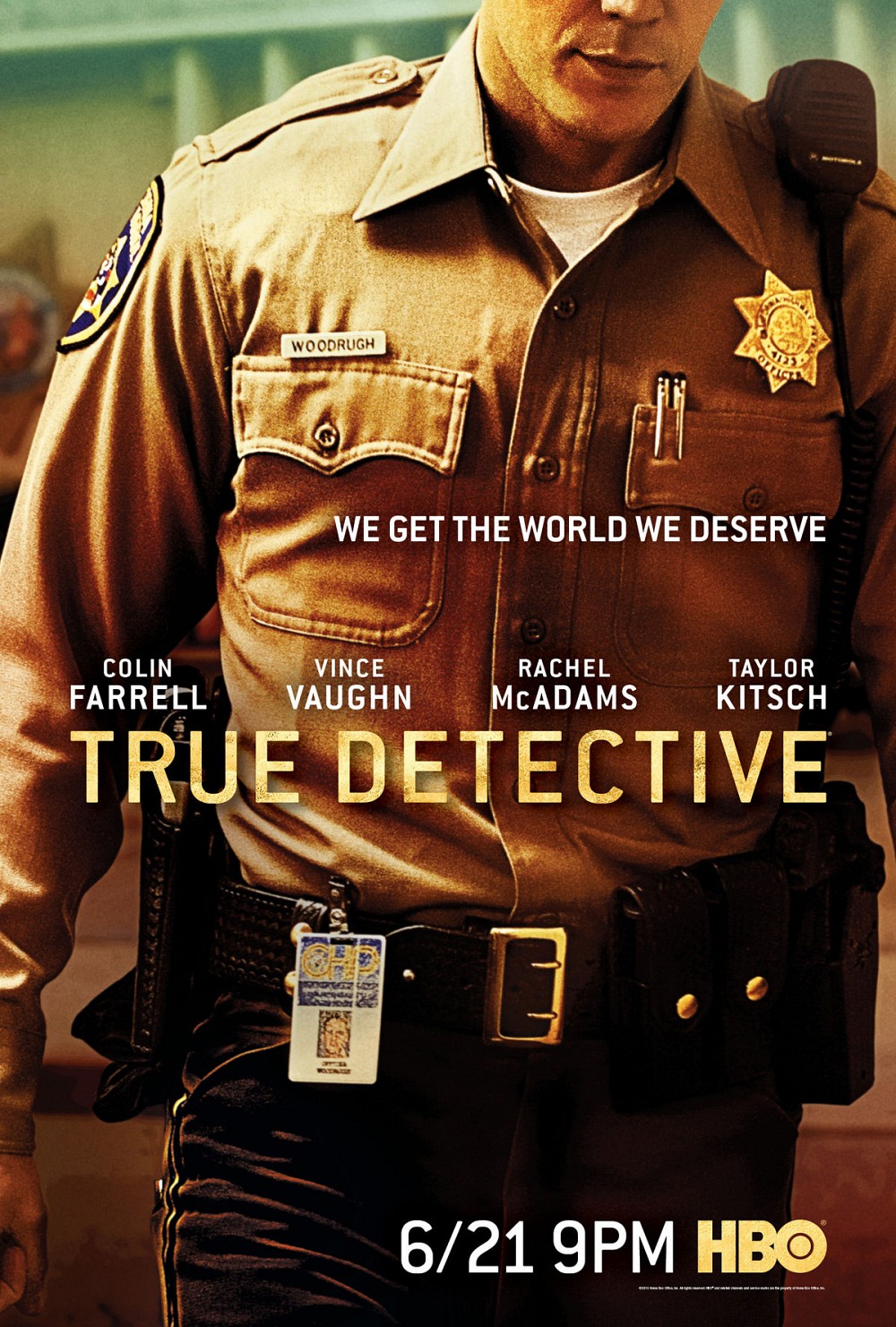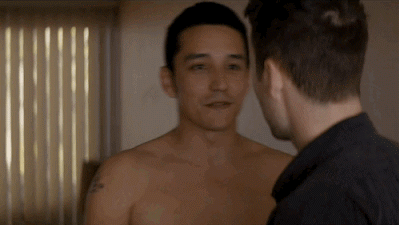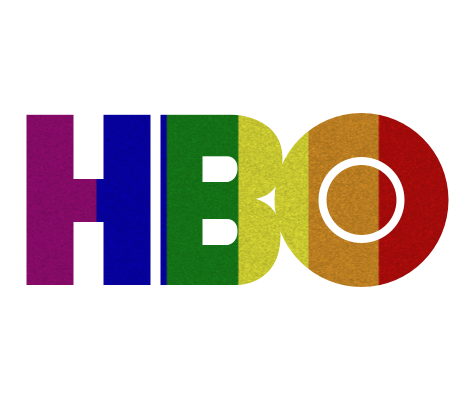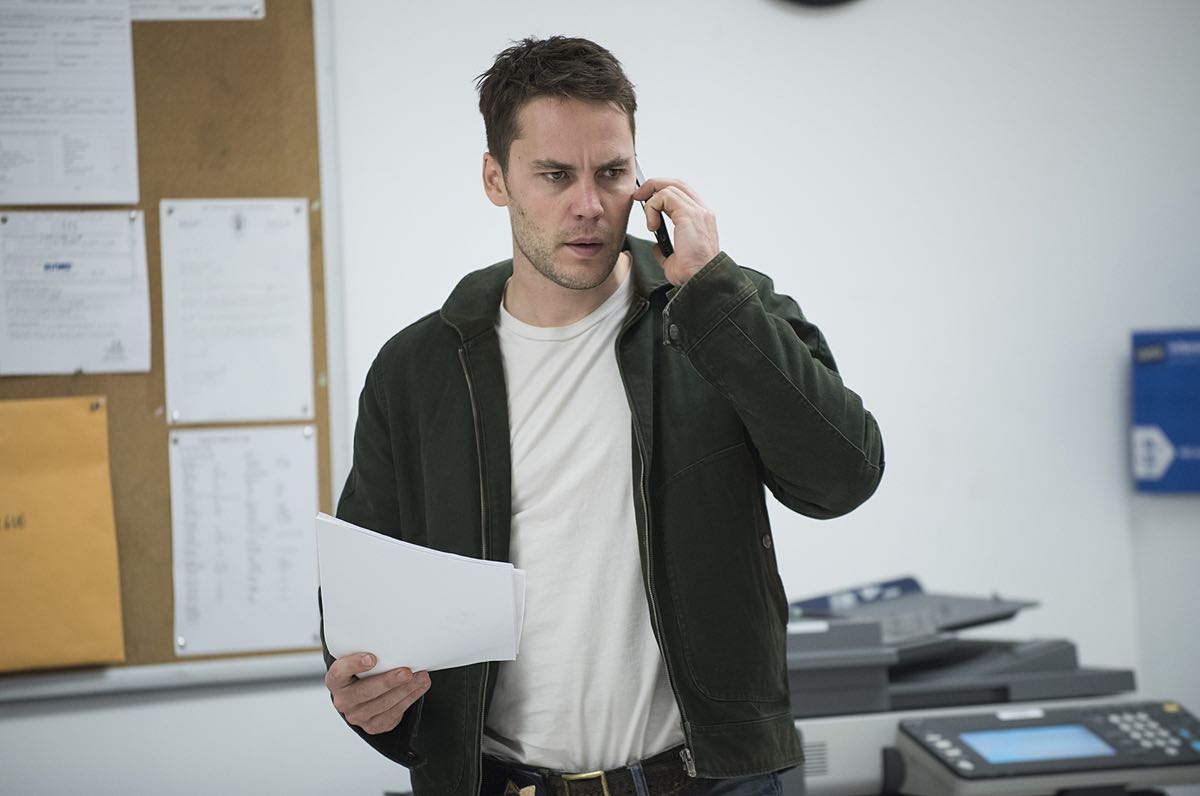HBO’s LGBT History: True Detective (2014-)
 Wednesday, May 4, 2016 at 11:20AM
Wednesday, May 4, 2016 at 11:20AM It's the penultimate episode as Manuel has worked his way through all the LGBT-themed HBO productions.
 Last week we looked at Nightingale starring David Oyelowo, a film you should definitely seek out if you want further proof that Oyelowo is one of the best actors working right now. This week, the latest LGBT character to be introduced into the HBO canon: Officer Paul Woodrugh from True Detective’s second season, played by Taylor Kitsch who everyone I know knows from Friday Night Lights and thus keeps trying to convince me is a promising newcomer. I've only ever encountered him in John Carter and The Normal Heart (discussed previously) and neither have really convinced me that this very attractive young man is really all that. Needless to say, I was ready to see what he'd been given to do here.
Last week we looked at Nightingale starring David Oyelowo, a film you should definitely seek out if you want further proof that Oyelowo is one of the best actors working right now. This week, the latest LGBT character to be introduced into the HBO canon: Officer Paul Woodrugh from True Detective’s second season, played by Taylor Kitsch who everyone I know knows from Friday Night Lights and thus keeps trying to convince me is a promising newcomer. I've only ever encountered him in John Carter and The Normal Heart (discussed previously) and neither have really convinced me that this very attractive young man is really all that. Needless to say, I was ready to see what he'd been given to do here.
(Spoilers ahead)
“I was just tryin' to be a good man.”
“Well you don't try right.”
True Detective truly embraces its Raymond Chandler/gumshoe genre by having characters often speaking in impossibly blunt if overtly florid language. Take the above dialogue: Kitsch’s Paul is driving his fiancée to safety (his cover may or may not have been blown, don’t ask) and talk turns to why he even pursued her to which he responds that he was just “trying to be a good man.” Her retort is perhaps a bit on the nose, especially as viewers know that Paul has certain sexual proclivities that make his attempt to do a woman “right” seem a bit self-serving. (He enjoys the company of men and, staying true to the implied rules of masculinity that rule this oppressively male-driven genre, he’s ashamed of this choice and the choice to keep quiet about it).
I have to admit, I was intrigued when I heard that there was a gay subplot in True Detective’s second season. This is precisely because it struck me that it would no doubt complicate the implicit generic conventions that so afflict crime fiction—as even Nic Pizzolato’s series shows, the genre tends to love its brooding, laconic, troubled straight men. Of course, Kitsch’s Officer Woodrugh is only a slight variation on a theme: what afflicts him and causes him to use his gravelly low voice to mumble is his closeted sexuality (seriously, so many men in this show made pronouncements with quiet, Bale/Batman-like tones, while being almost uncomfortably still).
Do I find it a tad ironic that we end this year-long LGBT project with a closet storyline that ends in the violent death of a gay character? I mean, I need not look far to find great writing on why this trope of LGBT characters being killed off needs to be put to rest. (“No one is safe” is only a good defense when that “no one” actually includes your cis heterosexual leads and not just the supporting characters around them). But of course, whenever you speak of tropes you miss the storyline right in front of you; I have to admit that Officer Woodrugh’s death was pretty impactful. That entire underground sequence when Kitsch goes all Die Hard on those hoping to blackmail/ambush him was pretty stellar and made his eventual demise all the more devastating. That it was oddly intercut with the sexual tryst between Farrell’s Detective Velcoro and McAdams’s Detective Bezzerides is perhaps more baffling to me than anything else. Like, did we really need to so starkly juxtapose the budding straight intimacy of this unlikely if inevitable couple with the necessary, plot-wise, death of the closeted cop who was set up by his own lover? I mean...
Even in just this one episode it’s hard to fathom what it is that fueled Woodrugh’s self-hatred—are we really presenting a closeted gay character as someone self-evidently ashamed of his sexuality in 2016? That the show uses Splendor in the Grass (which Paul’s would-be wife is watching at the time when he’s being gunned down) as shorthand for sexual repression perhaps explains the retrograde sexual politics being trafficked in here, or maybe I missed some key scenes from earlier episodes that hinted at the reasoning behind why this character was so repressed that he would risk his life to avoid getting outed? Thankfully, Paul Woodrugh enters a media landscape where he need not be a shining beacon of acceptance and tolerance—the burden of representation (which I touched on a lot this past year, and which was the driving idea behind this column after seeing howLooking was received) is perhaps a bit lighter than it might have been a decade ago when our screens were riddled with gay characters whose sole purpose was to overcome their own self-hatred and prejudice—at least Paul gets a great heroic action sequence and a whole lot of character development that was informed but not reduced to his sexuality.
 Gabriel Luna & Taylor Kitsch (More of Kitsch's giftastic early episodes scenes here)
Gabriel Luna & Taylor Kitsch (More of Kitsch's giftastic early episodes scenes here)


Fun Awards Fact: Seeing as we’ve caught up with broadcast dates, we’ve yet to see how the Emmys, the Globes, and the SAG awards receive the second season of this anthology series. Will McAdams follow-up her first ever Oscar nomination with her very first Emmy nod for her strong work as Detective Bezzerides? Between this, American Crime, Confirmation, and American Crime Story: People vs OJ we may have quite an Actress in a Leading Role in a Miniseries/TV Movie lineup. (Is Fargo season 2 eligible as well? Can we dream of a Dunst, Huffman, McAdams, Paulson, Washington roster?)
Next Week: We wrap up!




Reader Comments (4)
Law enforcement remains institutionally homophobic. A gay man who does not exhibit feminine characteristics will always have trouble with himself in relation to society's idea of a gay man and checking every box a masculine straight man would except sexual desire for a woman. Everyone wants to believe our hangups are in the past but sexism, racism, and homophobia have never left. Which makes it annoying to me that other groups would their time in the spotlight of victim hood where they're better off left in the shadows of irrelevancy they were all this time.
I know it's popular to hate this season and trust that i didn't love it but i don't think it was AS terrible as people say (nor was season 1 as great as people say) and it definitely had much of the same character as the first season but people bought its macho posturing the first time and didn't the second.
anyway i thought Kitsch, Luna (who is such a promising actor - see Transpecos!) , and especially Farrell were all pretty amazing in S2 even though the writing was a mess. But the less said about Vince Vaughn the better.
I had high hopes for TD2, especially in relation to some salacious Taylor Kitsch gifs. The storyline was a real disappointment. The season, on the other hand, was one of the worst things I've ever watched. Those monologues! This is not McAdams' triumphant follow-up.
I blew my top about this one: http://www.lippsisters.com/2015/08/12/the-sexual-and-political-conservatism-of-true-detective-season-2/